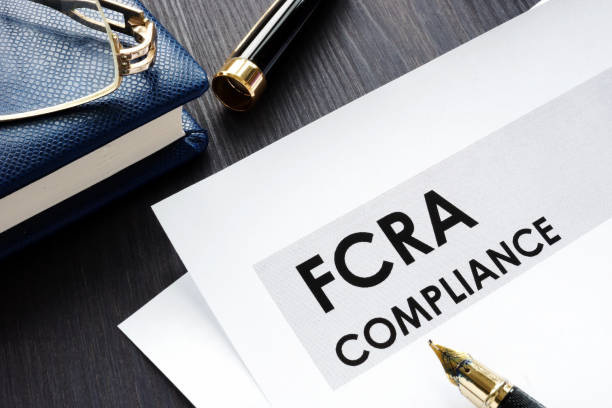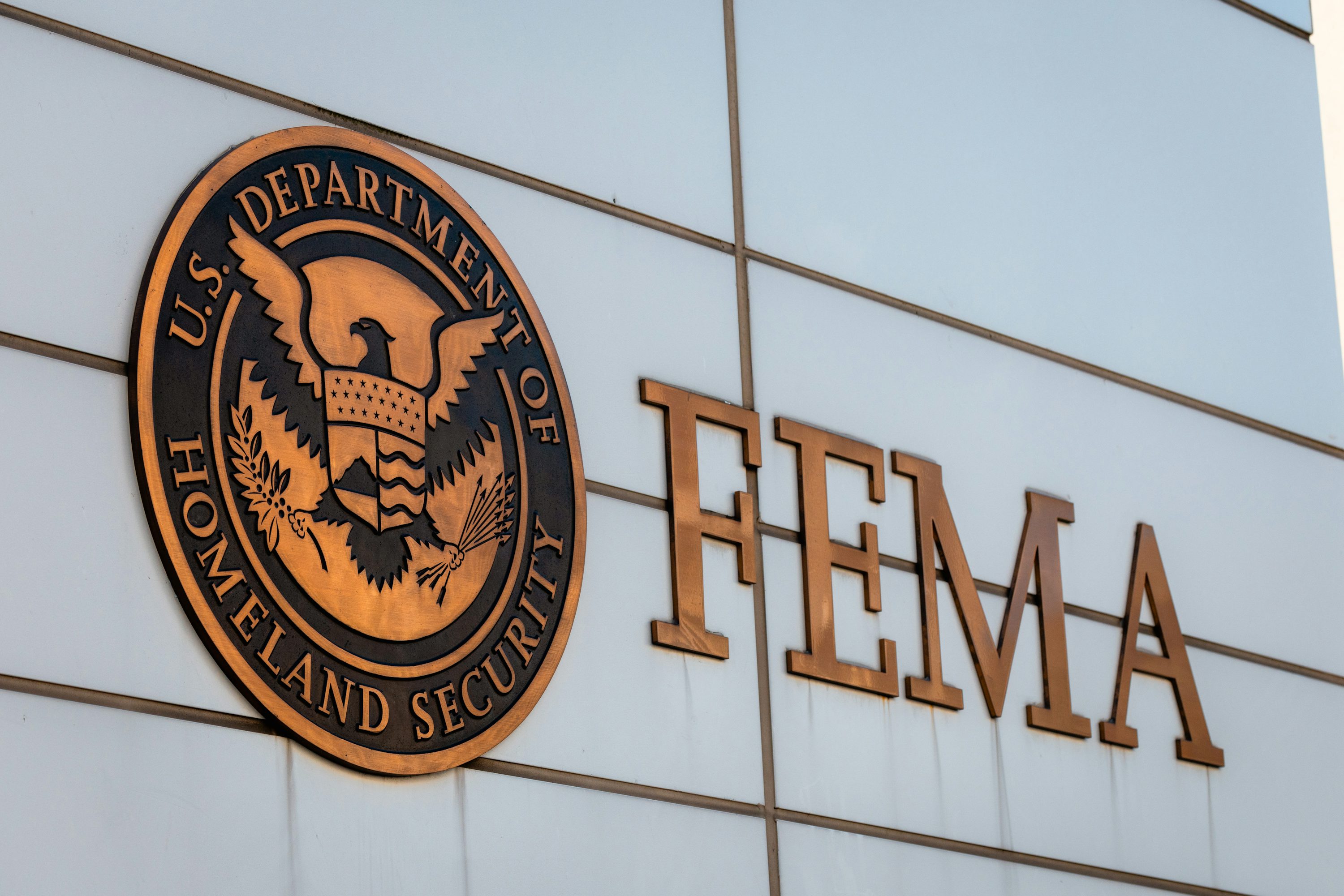Foreign Exchange Management Act - FEMA
The Foreign Exchange Management Act (FEMA), introduced in 1999, is India’s modern law for regulating foreign exchange. It replaced FERA (Foreign Exchange Regulation Act), which was strict and criminalised violations. FEMA simplifies rules for cross-border transactions, foreign investments, and remittances, making India’s economy more global, transparent, and investor-friendly. It applies to Indian citizens and entities, even abroad, ensuring compliance in all forex dealings.
This article will break down FEMA’s objectives, scope, applicability, permitted transactions, restrictions, and penalties, helping you learn and understand about FEMA so you can picture how this law shapes India’s forex landscape today.
Avail various benefits under the Fema Act to be compliant
It usually takes 10 to 15 working days.
- Drafting documents
- Filing of forms with Authorities
- Documented Follow-up
- Business hours - CA support
- Any business entity or Individual
- Purchase of plan
- Upload documents on Vault
- Drafting of documents
- Submission of documents and application with Department
- Receipt of Registration Letter
- Filing of further forms
Name, Contact Number and Email Id of Stakeholder.
Self Attested PAN, Aadhar & Passport size photo of Stakeholder.
Specimen Signatures of Stakeholder.
Latest Electricity Bill/Landline Bill of Registered Office.
NOC from owner of registered office. (If Owned)
Rent Agreement from Landlord. (If Rented/Leased)
PAN, TAN, COI of the Business Entity
Cancelled Cheque in business name
Service Offerings Under FEMA, FCRA & International Taxation

Drafting of Notice Reply
Organisations may receive show-cause notice to clarify or provide details when FCRA regulations, FEMA regulations, or Transfer Pricing Regulations are applicable on them.

Vetting of Transactions
Vetting cross-border transactions, investments in India. Planning to set up a business, engage with an Indian company? Let us guide you through the process.

Authorised Representative
Representation before authorities and comprehensive case preparation. Need expert guidance in preparing your case and representing you before regulatory authorities?

Providing Opinion
Providing expert opinion, transaction structuring, and advisory services. Whether you're looking to structure a cross-border deal, optimize your transactions, or need tailored advice, we offer strategic insights to ensure your business decisions align with legal and financial regulations.

Legal Compliance CheckUp
We provide a thorough legal compliance health check-up to ensure your business adheres to all laws and regulations. Our service identifies potential risks, gaps, and ensures smooth operations by covering areas like taxation, governance, and licensing.

Country Wise Reporting
We assist businesses in complying with FCRA and FEMA regulations by ensuring proper Country-by-Country Reporting (CbCR). This includes disclosing financial details of foreign entities, cross-border transactions, investments, and remittances.

FCRA Compliance
FCRA Compliance ensures that NGOs and associations use foreign funds in line with Indian laws, reporting contributions and activities to maintain transparency and accountability for foreign donations.

FEMA Compliance
FEMA Compliance regulates foreign exchange transactions, ensuring that businesses and individuals adhere to Indian laws governing foreign investments, repatriation, and cross-border transactions.

Transfer Pricing Compliance
Transfer Pricing Compliance ensures that transactions between related entities are priced fairly, preventing tax avoidance by adhering to arm's length pricing rules, and following international guidelines on cross-border transactions.
Objectives of FEMA
- Ease of Trade
FEMA helps people and businesses in India smoothly send and receive money from other countries, whether for travel, education, business, or investments. - Money Flow Control
FEMA tracks all foreign exchange coming into and leaving the country. This helps the government maintain the rupee's value stability. - Reserve Management
FEMA ensures that foreign currency is appropriately used and not misused. This helps the country keep enough reserves for emergencies or global trade. - Boost to the Economy
FEMA allows foreign investments in India and encourages Indian businesses to go global while keeping things legal and transparent. - Global Alignment
FEMA ensures India follows international foreign exchange and trade rules, which builds trust with other countries and global organisations.
Applicability of FEMA Act
FEMA (Foreign Exchange Management Act) is applicable to the whole of India and equally applicable to the agencies and offices located outside India (which are owned or managed by an Indian Citizen). The head office of FEMA is situated in New Delhi and known as Enforcement Directorate. FEMA is applicable to:
- Foreign exchange.
- Foreign security.
- Exportation of any commodity and/or service from India to a country outside India.
- Importation of any commodity and/or services from outside India.
- Securities as defined under Public Debt Act 1994.
- Purchase, sale and exchange of any kind (i.e. Transfer).
- Banking, financial and insurance services.
- Any overseas company owned by an NRI (Non-Resident Indian) and the owner is 60% or more.
- Any citizen of India, residing in the country or outside (NRI).
The Current Account transactions under the FEMA Act has been categorized into three parts which, namely-
- Transactions prohibited by FEMA,
- The transaction requires Central Government’s permission,
- The transaction requires RBI’s permission.
Prohibition on Drawal of Foreign Exchange
- Any kind of remittance from the income on racing/riding etc,
- Any remittance for buying of a lottery ticket, football pools, sweepstakes, banned/prescribed magazines etc.,
- Commission payment on exports towards equity investment of Indian Companies in Joint ventures/wholly owned subsidiaries abroad.
- Remittance of dividend by any company. However, this clause is applicable only if the requirement of dividend balancing is applicable.
- Commission payment on exportation under Rupees State Credit Routes except commission up to 10% of invoice value of export of tea and tobacco.
- Payment regarding “ Call back Services” of telephones.
- A travel to Bhutan and/or Nepal.
- Remittance of interest income on funds held in NRSR Account i.e. Non-resident Special Rupees Scheme account.
- A transaction with a resident of Bhutan or Nepal.
Route for Drawal of Foreign Exchange
According to the Reserve Bank of India, Foreign Exchange can be drawn from any authorized dealer by the Prior Approval Route or General Permission Route.
| S.No. | Particulars | Limitations |
| 1 | Visiting privarely to any country (except Bhutan and Nepal) | 10,000 US dollars or its equivalents for one or more private visits in one year. |
| 2 | Donations/Gift per donor | Remittance should not exceed 1,25,000 US dollar during a Financial Year |
| 3 | Corporate Donations | 1 percent of the forex earnings during the preceeding three Financial Year or 5 million US dollar, whichever is less, for a specified purpose |
| 4 | Going out of India for the purpose of employment | 1,00,000 US dollar one time only |
| 5 | Remittance facility for emigrations | 1,00,000 US dollar or the prescribed amount by country of emigration not exceeding 1,00,000 US dollar one time only. |
| 6 | Remittance for maintenance of relatives (only close relative) outside India | salary (after the deduction of income tax, Provident Fund and other deduction) of a person not being a permanent resident in India and a citizen of foreign state other than Pakistan. Or 1,00,000 US dollar a year per recipient in all other cases |
| 7 | Business Travel Abroad | 25000 US dollar per trip respective of stay |
| 8 | Attending specialized training or conference | 25000 US Dollar |
| 9 | For Medical treatment | 1,00,000 US Dollar |
| 10 | Maintenance of a patient going for medical check-up or medical treatment abroad | 25000 US Dollar |
| 11 | For Studying in Abroad | 1,00,000 US Dollar per academic Year or the Institution’s estimation whichever is higher. |
| 12 | Meeting the expenses of a person accompanying as attendance to a patient going medical check-up or for medical treatment abroad | 25000 US Dollar |
| 13 | Payment of commission to an agent outside India for selling of commercial or residential plot or flats in India | 25000 US Dollar or 5 % of inward remittance per transactions whichever is higher |
| 14 | Consultancy services from abroad | 1 million US Dollar per project to 10 million US Dollar per project (for infrastructure project) 1 million US Dollar In all other cases. |
| 15 | Pre-incorporation’s expenses reimbursement | 100,000 US Dollar or 5 percent of the investment brought into India whichever is higher, |
| 16 | Remittance for purchase and/or use of Trade mark | Allowed without any approval of Reserve Bank of India |
| 17 | Remittance for securing Health Insurance for from a foreign company | Freely allow |
| 18 | Remittance of royalty and payment of lump sum fee under the technical collaboration agreement | Freely allow without any prior approval of RBI |
| 19 | Release of exchange for medical treatment outside India when a person has fallen sick after proceeding abroad | Extent of USD 1,00,000 without any hassles and any loss of time on the basis of self declarations |
| 20 | Small Value Remittance | Up to USD 25000 (form A2) |
Foreign Exchange Transactions Needing Central Government Approval
- Cultural tours.
- Advertisement in print media of a foreign country for any purpose other than promoting tourism, international bidding and foreign investments (exceeding 10000 US Dollar) by a State Government and its Public Sector Units.
- Payment of importation by a Public Sector Unit or a department of government on c.i.f. basis only for importation through ocean transport.
- Remittance of freight of vessels chartered.
- Remittance of detention charges of container exceeding the DGS’s (Director General of Shipping) prescribed rate.
- Remittance of Prize money/sponsorship of any activity of sport outside India by a person other than national/ international/street level sports bodies, if the amount of the prize money/sponsorship exceeds 1,00,000 US Dollars.
- Remittance of hiring charges of transponders.
- Internet Service Providers.
- TV channels.
- Remittance for P&I Club ministry’s membership.
- Remittance by Multi-model transport operators to their agents in abroad.
Penalties Under FEMA
FEMA establishes a clear framework for dealing with contraventions, which means violations or breaches of its provisions, rules, or regulations. The penalties imposed under FEMA are primarily monetary, but can also involve confiscation of property and, in severe cases or for non-payment, even imprisonment.
1. General Monetary Penalties:
- Quantifiable Contravention: If the amount involved in the contravention can be determined, the penalty may be up to three times the sum involved.
- Non-Quantifiable Contravention: If the amount cannot be ascertained, a fixed penalty of up to ₹2,00,000 can be imposed.
- Continuing Contravention: For ongoing violations, an additional penalty of up to ₹5,000 per day may be levied for each day the contravention continues beyond the first day.
2. Penalties for Illegal Acquisition of Foreign Assets:
- If a person acquires foreign exchange, foreign security, or immovable property outside India exceeding ₹1 crore in contravention of FEMA, they are liable to:
- A penalty of up to three times the sum involved.
- Confiscation of the equivalent value of property situated in India.
- Imprisonment for a term extending up to five years, along with a fine.
3. Confiscation of Property Involved in Contravention:
- The Adjudicating Authority has the power to confiscate any currency, security, or other property directly linked to the contravention.
4. Civil Imprisonment for Non-Payment of Penalty:
- If a person fails to pay the penalty within 90 days of receiving the payment notice, they may be subjected to civil imprisonment. The duration depends on the penalty amount:
- For penalties exceeding ₹1 crore: Up to three years.
- In all other cases: Up to six months.
- It's important to note that civil imprisonment does not relieve a person from liability to pay the original penalty.
5. Right to Appeal:
- An appeal against an order passed by the Adjudicating Authority can be made to the Special Director (Appeals) within 45 days of receiving the order.
- Further appeals can be made to the Appellate Tribunal for Foreign Exchange, and subsequently, on questions of law, to the High Court.
- Throughout this appeal process, a person can seek assistance from a Chartered Accountant or a Legal Practitioner.

